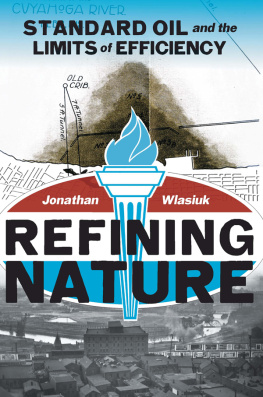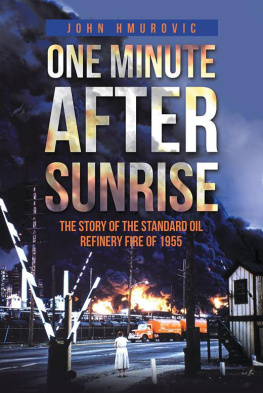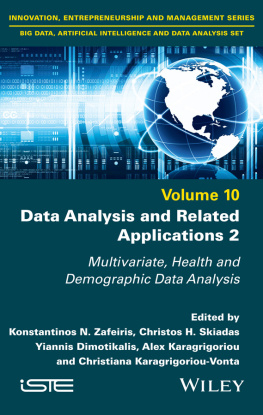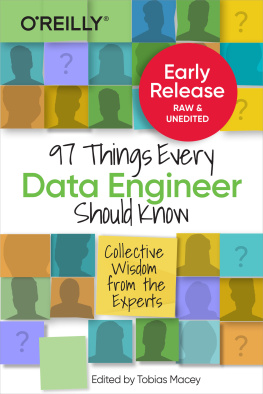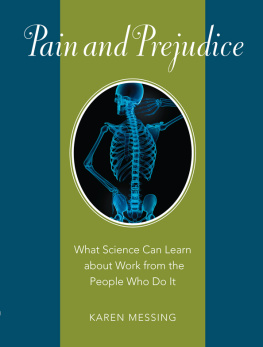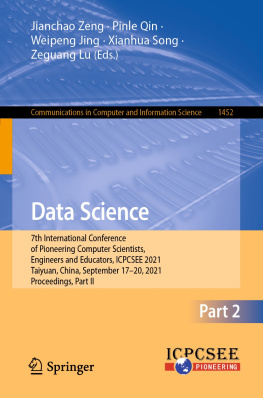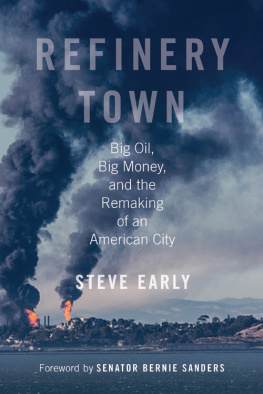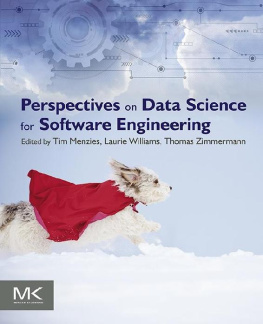Gwen Ottinger - Refining Expertise: How Responsible Engineers Subvert Environmental Justice Challenges
Here you can read online Gwen Ottinger - Refining Expertise: How Responsible Engineers Subvert Environmental Justice Challenges full text of the book (entire story) in english for free. Download pdf and epub, get meaning, cover and reviews about this ebook. year: 2013, publisher: NYU Press, genre: Politics. Description of the work, (preface) as well as reviews are available. Best literature library LitArk.com created for fans of good reading and offers a wide selection of genres:
Romance novel
Science fiction
Adventure
Detective
Science
History
Home and family
Prose
Art
Politics
Computer
Non-fiction
Religion
Business
Children
Humor
Choose a favorite category and find really read worthwhile books. Enjoy immersion in the world of imagination, feel the emotions of the characters or learn something new for yourself, make an fascinating discovery.

- Book:Refining Expertise: How Responsible Engineers Subvert Environmental Justice Challenges
- Author:
- Publisher:NYU Press
- Genre:
- Year:2013
- Rating:5 / 5
- Favourites:Add to favourites
- Your mark:
Refining Expertise: How Responsible Engineers Subvert Environmental Justice Challenges: summary, description and annotation
We offer to read an annotation, description, summary or preface (depends on what the author of the book "Refining Expertise: How Responsible Engineers Subvert Environmental Justice Challenges" wrote himself). If you haven't found the necessary information about the book — write in the comments, we will try to find it.
Winner of the 2015 Rachel Carson Prize presented by the Society for Social Studies of Science
Residents of a small Louisiana town were sure that the oil refinery next door was making them sick. As part of a campaign demanding relocation away from the refinery, they collected scientific data to prove it. Their campaign ended with a settlement agreement that addressed many of their grievancesbut not concerns about their health. Yet, instead of continuing to collect data, residents began to let refinery scientists assertions that their operations did not harm them stand without challenge. What makes a community move so suddenly from actively challenging to apparently accepting experts authority?
Refining Expertise argues that the answer lies in the way that refinery scientists and engineers defined themselves as experts. Rather than claiming to be infallible, they began to portray themselves as responsiblecommitted to operating safely and to contributing to the well-being of the community. The volume shows that by grounding their claims to responsibility in influential ideas from the larger culture about what makes good citizens, nice communities, and moral companies, refinery scientists made it much harder for residents to challenge their expertise and thus re-established their authority over scientific questions related to the refinerys health and environmental effects.
Gwen Ottinger here shows how industrial facilities current approaches to dealing with concerned communitiesapproaches which leave much room for negotiation while shielding industrys environmental and health claims from
critiqueeffectively undermine not only individual grassroots campaigns but also environmental justice activism and far-reaching efforts to democratize science. This work drives home the need for both activists and politically engaged scholars to reconfigure their own activities in response, in order to advance community health and robust scientific knowledge about it.
Gwen Ottinger: author's other books
Who wrote Refining Expertise: How Responsible Engineers Subvert Environmental Justice Challenges? Find out the surname, the name of the author of the book and a list of all author's works by series.

